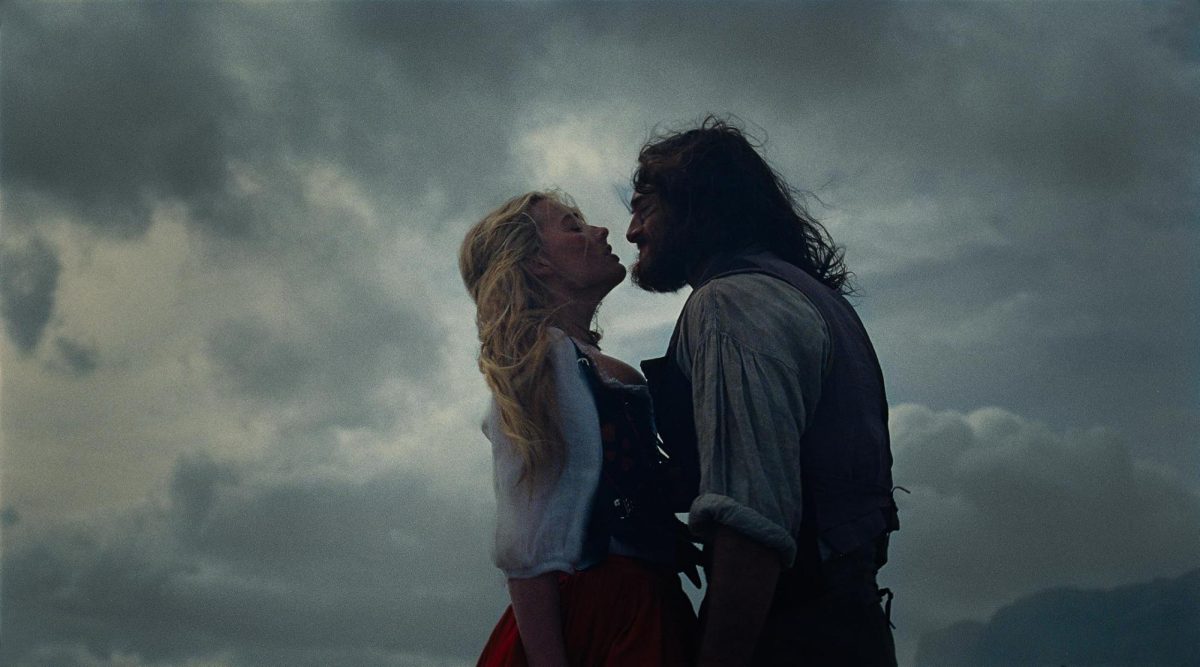This year marks the 90th anniversary of “Little Women.” The 1933 film is remembered as the oldest and most adored adaption of Louisa May Alcott’s literary classic.
Directed by George Cukor, “Little Women” tells the coming-of-age tale of four sisters during the Civil War era in New England.
The film specifically brought attention to actress Katherine Hepburn. Viewers may see her portrayal of Jo March, the second eldest sister, filled with charisma and love. A review from the High-Def Digest believed that the role of Jo perfectly fit Hepburn as she resembled the character deeply.
Jo March has always been recognized as a fan-favorite character due to her unique persona and strong desire to defy the expectations of society. Similarly to Jo, Hepburn also enjoyed attention and recognition in the public eye.
Much like the novel, “Little Women” has always received some criticism, wrote The Guardian. Many viewers did not agree with the outdated stereotypes that the novel depicted — specifically on womanhood and marriage.
Get The Daily Illini in your inbox!
Yet Cukor proved the lingering worries wrong with a performance that would earn him an Oscar nomination. The film focuses intensely on the four actresses and the personal growth that their characters experience.
The film scored a 1934 Oscar nomination for Best Picture and Best Director. The production would also win the 1934 Academy Award for Best Writing, Adaption.
Since the release of the 1933 film, there have been countless remakes of the story. The most recent film adaptation of “Little Women” was directed by Greta Gerwig and released in 2018.
With every film of “Little Women” that is created, there is heavy pressure from devoted fans. Common thoughts from fans revolve around the portrayal of Jo March. According to The Guardian, many viewers believe that the fate of the character was never done in her best interest.
Taking in fan consideration, Gerwig’s direction of the film puts a sweet twist on Jo March. It is in Gerwig’s reboot where Jo March is the voice that proclaims that being a woman does not only revolve around the purpose of love.
Geriwig’s interpretation of “Little Women” drifts from the Hollywood 1933 classic, as she incorporates a lens closer to a woman’s perspective. Her 2018 film is riddled with female angst and ambition.
Gerwig also fuels tension between many characters, such as Jo and Laurie, creating the unforgettable scene of Jo denying Laurie’s proposal of love. Similarly, Gerwig does a retelling of the relationship between Jo and Friedrick Bhaer, the German philosopher whom Jo eventually falls in love with.
The film depicts their relationship in an opposite manner than in the original novel.
The New Yorker wrote, “In the novel, the philosopher looks with dismay at the lurid romances that Jo writes and sells. In Gerwig’s movie, he encourages her to write from life, to write her experiences realistically and sincerely.”
Gerwig’s approach built Bhaer as a more supportive character, encouraging Jo to write, even if she was afraid of failure.
“Little Women” remains a timeless classic for any lover of the franchise, and with each adaption building a new take on the novel, there is always something special to adore in each film.
The 1933 adaption of “Little Women” is available to stream on YouTube, Apple TV, Amazon Prime Video and Vudu.





